
Many new moms wonder how long they should pump each time. When you nurse your baby, you stop when they are done feeding, so you will not have to be concerned about timing. But when you are pumping your milk, you might wonder when enough is enough for one session.
While you will experience the more you pump, it will be easier to know how long to pump so you don't add too much stress on your breasts.
How long should I pump each session?
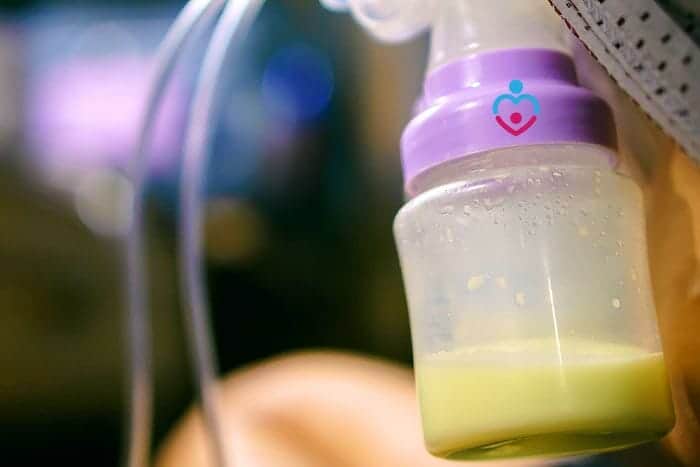
The general rule says that you should pump an average of 30 minutes per session if you want to empty the breasts. However, consider that this is an average time, and your breasts might take less or more to get empty.
Each mother is different, so you shouldn't try to expect to fit the standards necessarily. However, in most cases, a pumping session should be over in half an hour or less for both breasts.
- The average pumping time is about 30 minutes per session for most nursing mothers. But to be sure that you emptied your breasts, specialists recommend keeping pumping for an extra 2 minutes after the last drop of milk.
- Don't be surprised if your pumping time will differ sometimes. If you start pumping after you nursed your baby, for instance, you will be able to empty the breasts in a lot less time, depending on how much your baby ate.
- You will also have to consider the pumping tools that you use. Hand expressing breastmilk makes for the most extended pumping sessions. So, if you don't use any pump and you rely on your hands alone, you can expect to spend even more than half an hour emptying your breasts.
- On the other hand, electric pumps tend to reduce the pumping time significantly. If time is a resource you are short on, investing in an electric pump will help you during the nursing months.
Suggested Reading:
![]()
Can you pump too long?
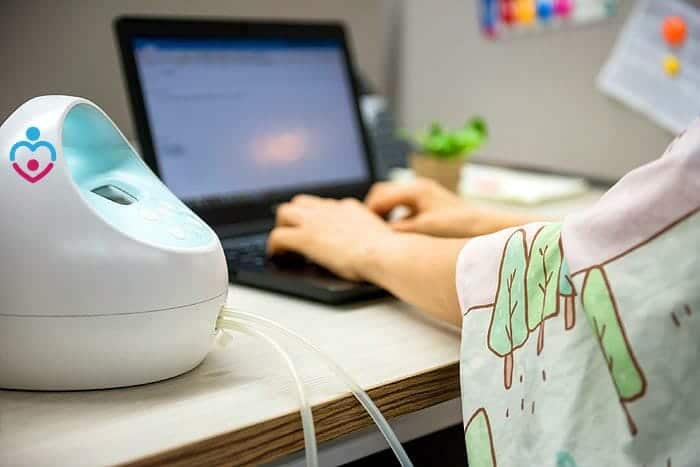
One of the common concerns new nursing mothers have is whether or not there is a risk of pumping too long?
- Behind the idea of pumping for too long, there is a concern about generating an oversupply of breastmilk[1]. However, this concern is a lot more justified for mothers that are both nursing and pumping. If you are pumping exclusively, you shouldn't be worried about pumping for more than half an hour per session.
- For nursing mothers that are also pumping, oversupply of breastmilk can lead to an imbalance of hindmilk and foremilk. But if you are not nursing, you will not be affected by such an imbalance since you will store your breastmilk in bottles anyway. All the layers will combine by swirling the milk container for a few seconds.
- You will also notice that many breast pumps come with a time limit. This means that after 30 minutes, they might automatically shut off. If that is the case, you can always take a couple of minutes break after this time frame before you decide to go again.
- Remember that if you are breastfeeding your baby directly, you might not want to pump for more than half an hour. But if you are pumping exclusively, your goal should be to empty your breasts, even if it takes a few minutes more.
Suggested Reading:
![]()
When should you pump?
Your pumping schedule depends on how you choose to feed your baby, whether by pumping exclusively or mixing pumping with nursing sessions.
A) If you are pumping and nursing
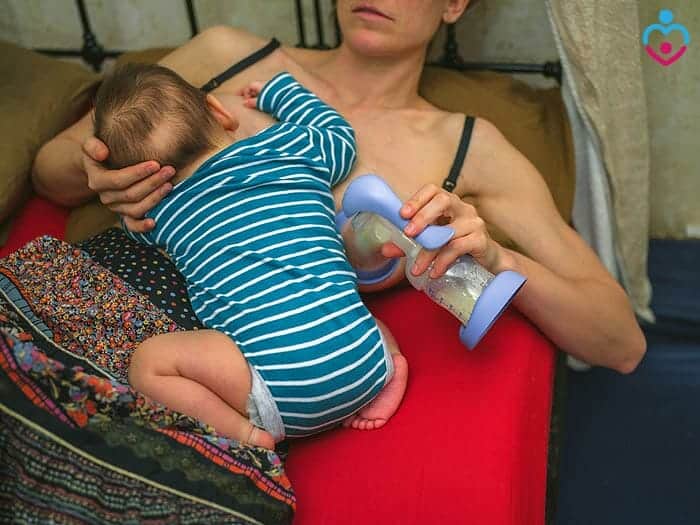
The best time to pump is in the morning, as the milk supply is best at this time for most mothers.
- You can choose to pump 30 minutes after nursing your baby or one hour before that. Either way, you will be able to do both along as time allows you.
- Don't worry if your baby wants to feed right when you are done pumping. Most babies will continue feeding until they get the meal they want.
- Your body will get the signal that your baby is latched, and it will produce more breastmilk on demand.
Suggested Reading:
![]()
B) If you are pumping exclusively
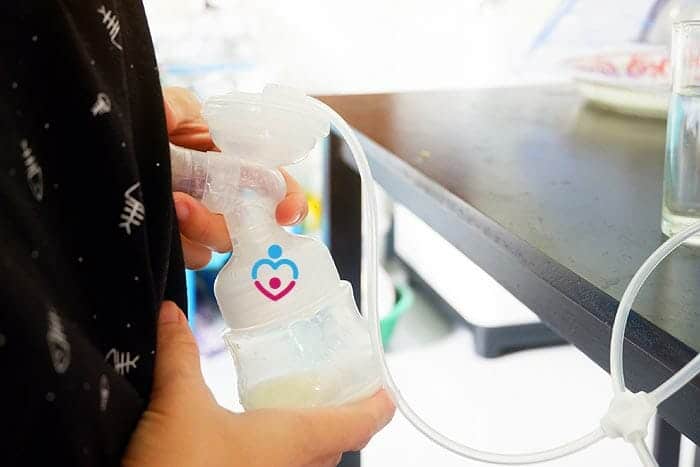
Mothers who pump and store their breastmilk without nursing their babies should consider pumping between eight and ten times in 24 hours.
- You can expect to obtain 25-35 oz. (750-1, 035 mL) of breastmilk in 24 hours. But keep in mind that the quantity of breastmilk you obtain per day from pumping can vary from one mother to another.
- Try to maintain a pumping routine to train your body to produce the breastmilk you need for your baby. It is essential to also try to pump for the same amount of time each session as much as you can.
- Even if you will be able to empty your breasts sooner, or if it will take you a few more minutes than the average time, your body will learn through routine and repetition how much breastmilk you need for your little one.
Suggested Reading:
![]()
Use pumping as a method to store your breastmilk so that your baby can always have a nutritious meal even if you are not there to nurse them directly.
As you can see, the length of a pumping session can vary, but on average, you should be able to empty your breasts in half an hour.
The time you spend pumping and the pumping schedule you establish are essential details. Hence, you stay on top of the issues that could appear during pumping.
![]()



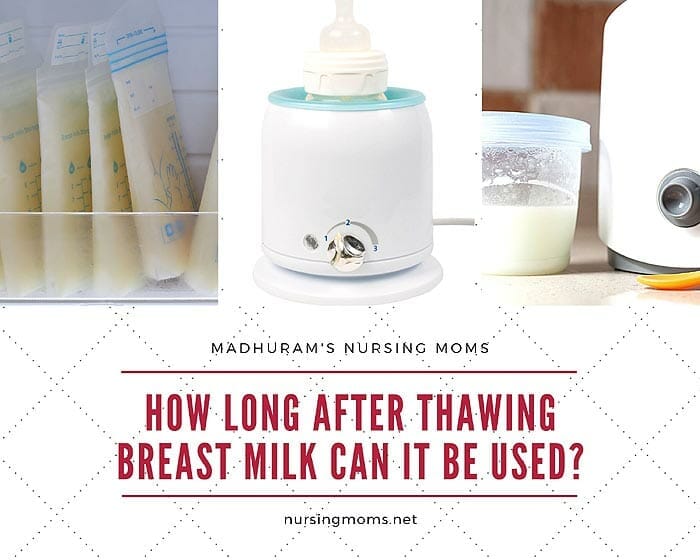
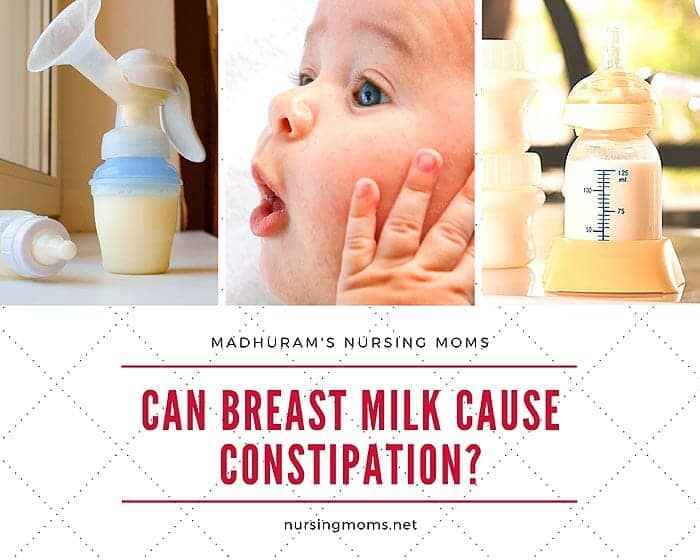
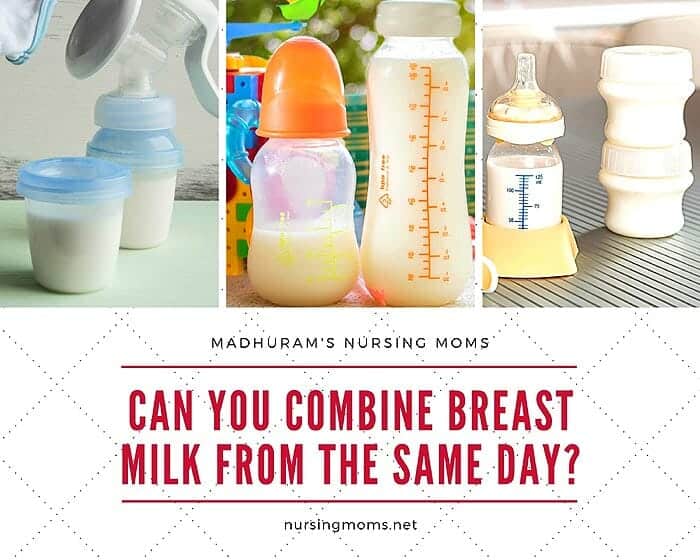
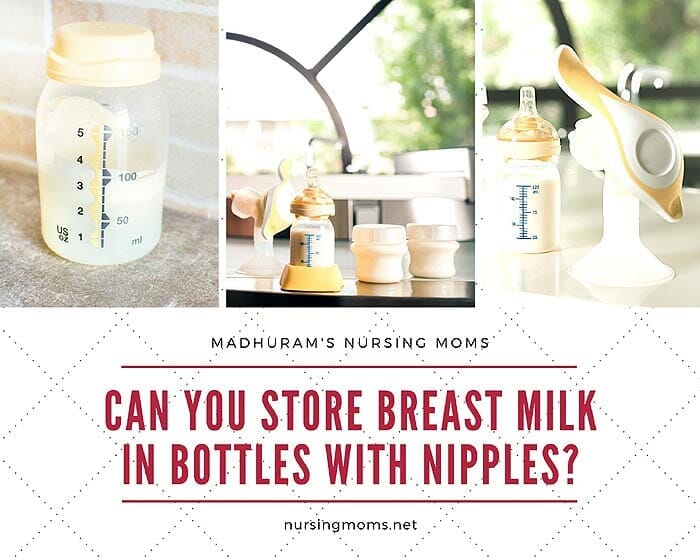

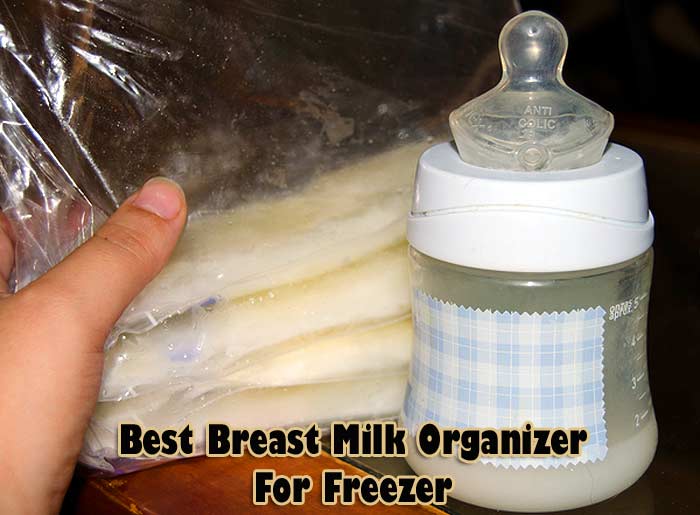
Leave a Reply